“Building psychosocial competency for challenging life’s challenges”
Our Life Skills program focuses on improving social, cognitive, emotional and behavioral competencies of individuals to achieve professional and personal development. The program offers vocational skills along with life skills to ensure employability among youth to generate a livelihood. Thereby help individuals and communities achieve financial independence and economic growth. The training includes promoting healthy lifestyles, communication, assertiveness, self-awareness, decision making, critical and creative thinking to encourage making informed life choices.
We adopt a holistic approach: identifying the needs, developing need based content, implementing with partners, measuring outcomes, revising our content based on learnings, and engaging with other stakeholders to provide appropriate employment opportunities.
Some of the program components are
We have conducted various needs assessments among students of engineering colleges and schools to understand their requirements and implement suitable skills training. Our needs assessments mainly focus on rural and vulnerable youth. The assessments are carried out in both quantitative and qualitative manner to truly comprehend the requirements.
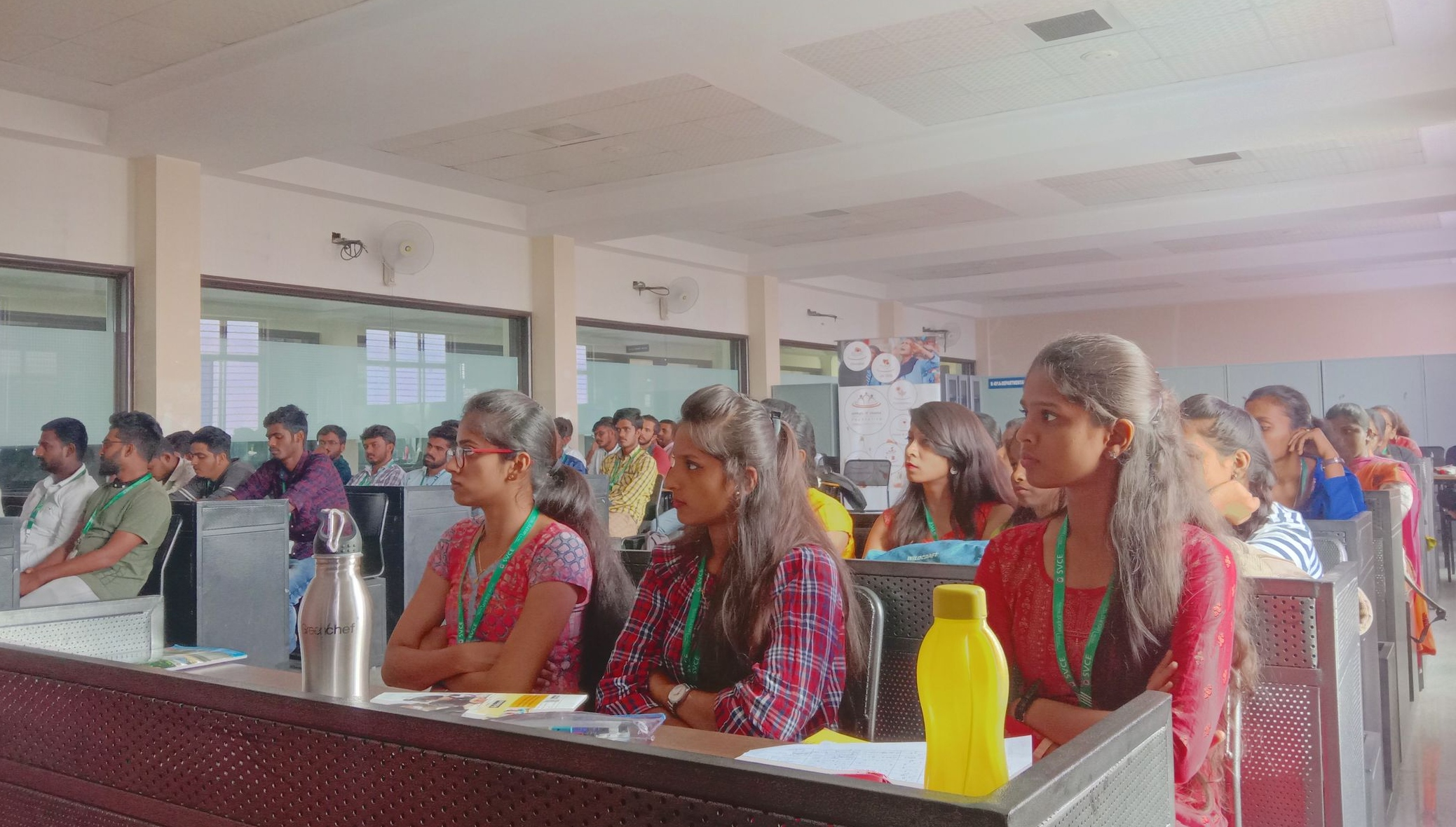
Life skills training on mental resilience, stress management, time management, self-awareness, role-modelling, personality development, career planning, goal setting, conflict management and project management, have been undertaken for the youth through various workshops. Over 900 youth have benefitted from these training sessions.
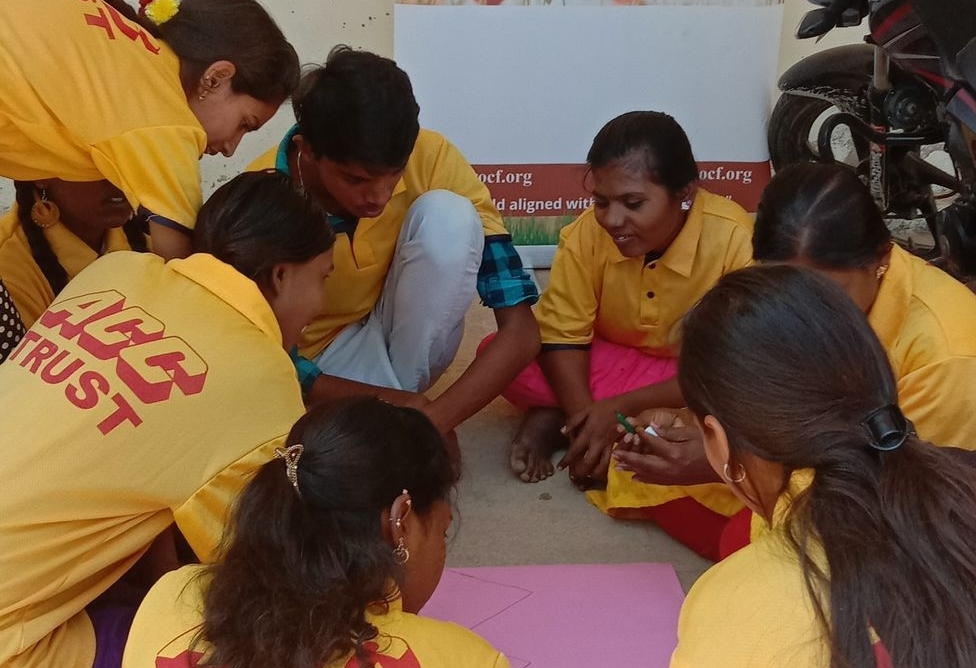
ROCF partnered with HFI to power their Youth 2.0 program-a 3-day global youth virtual retreat. This event was designed to be experiential and engaging with an eclectic mix of catalytic keynotes, practical workshops, interactive panels and much more. The event witnessed participation of 4000 plus youth from 55 countries.
The program was held in coordination with the Head Held High organisation. This program took the young person through a transformative journey of self-discovery by exploring one’s creativity, understanding each other and also an experience of how to build a supportive community using the arts as a core medium of expression.
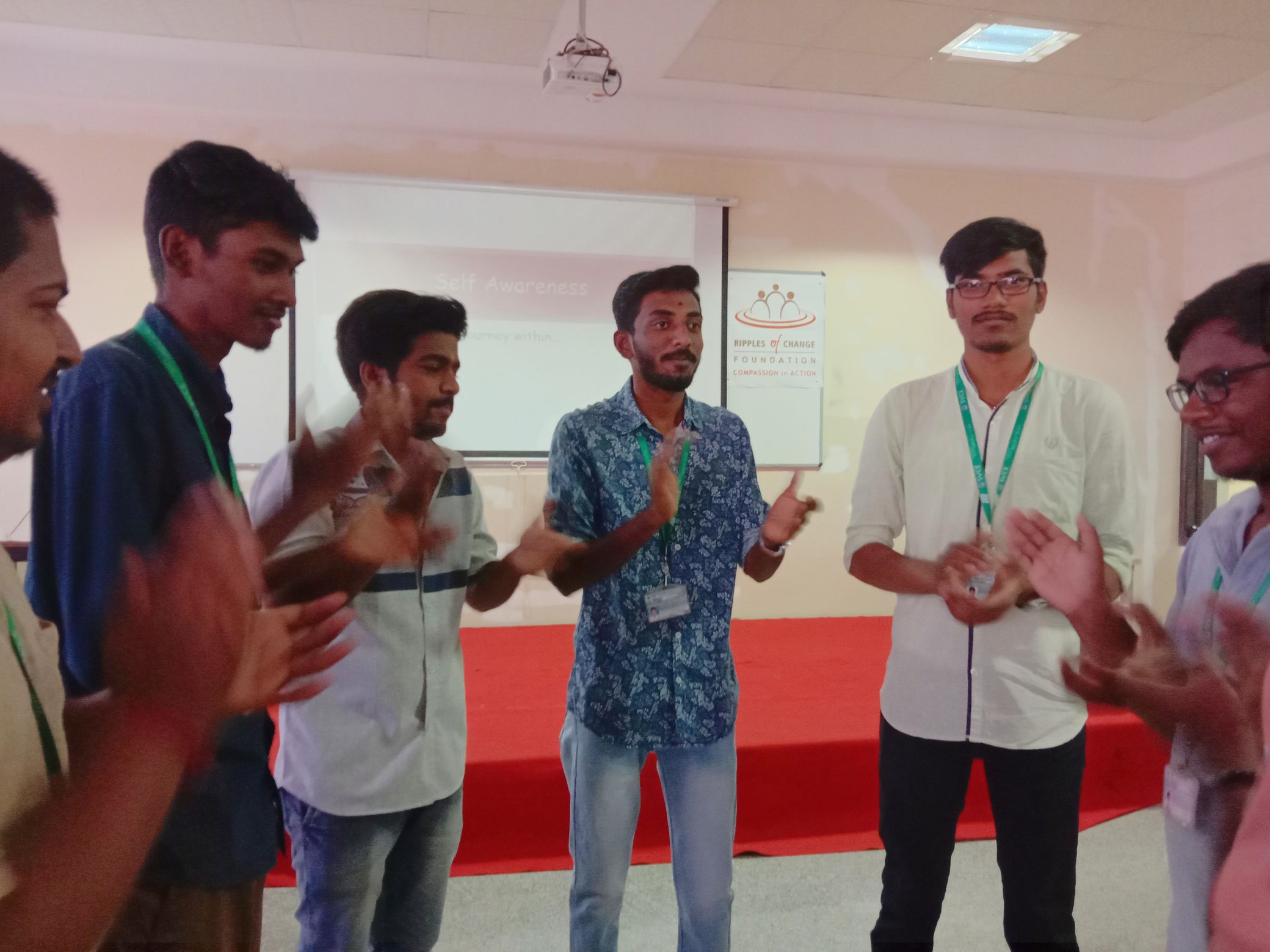
Through our Leadership coaching program we provided one-to-one sessions to 11 mid-level managers of Miracle Foundation. This intervention aimed to empower managers/potential leaders to consciously make their choices while navigating the balance between attending to their own needs and vision, the needs of their organization – and the needs of those they lead and the vulnerable communities they serve
Youth Ambassadors (YAs) are children who have been identified to share their perspectives with others to help them understand the need for change in the child care and child rights space by being featured on different media platforms and other forums. ROCF collaborated with Miracle Foundation for coaching their Youth Ambassadors under its life skills initiatives. The coaching program is aimed towards improving communication and media skills of Youth Ambassadors in their individual areas of need.
So far the program has touched the lives of more than 5000 Youth across 55 countries.
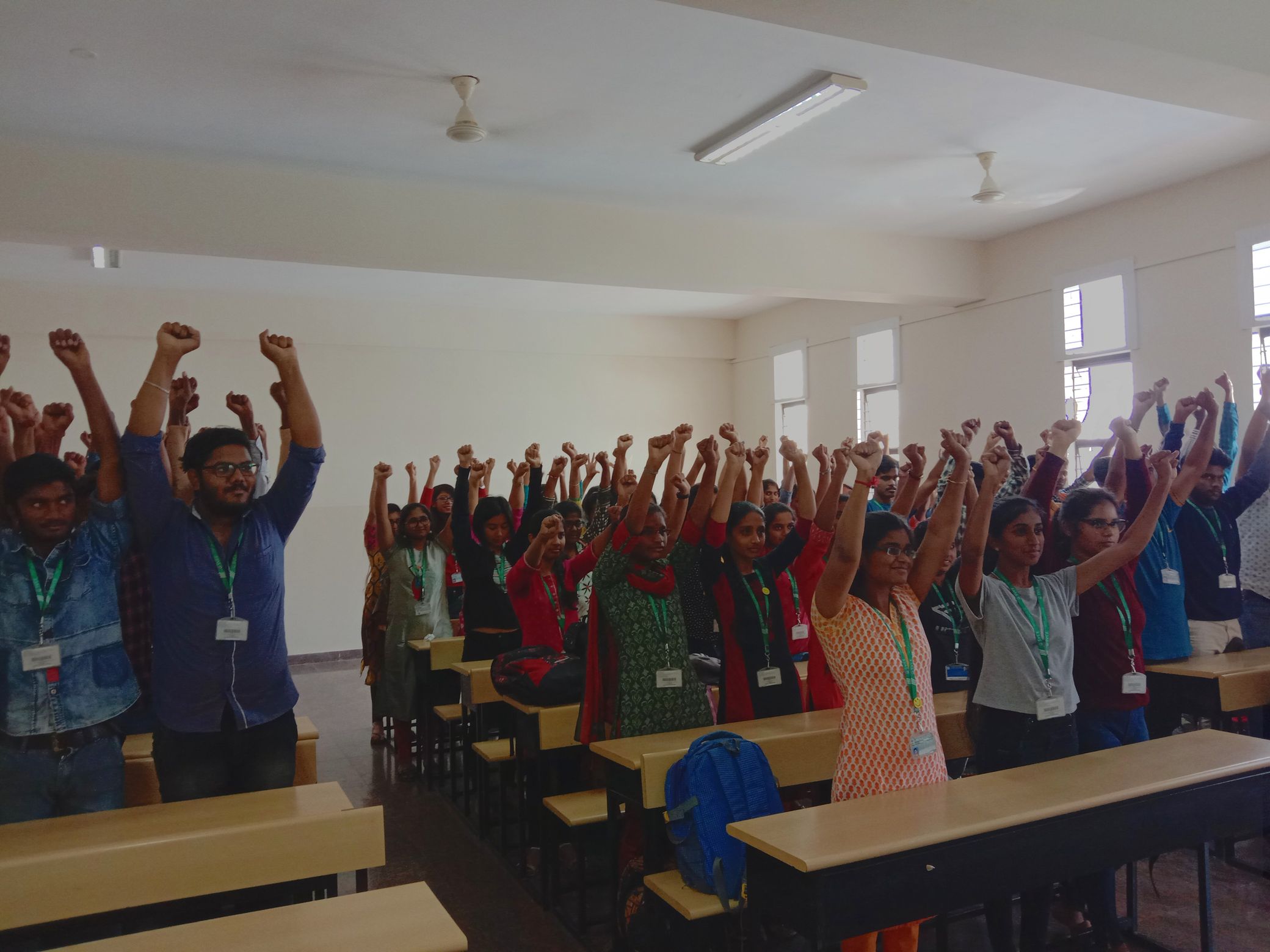
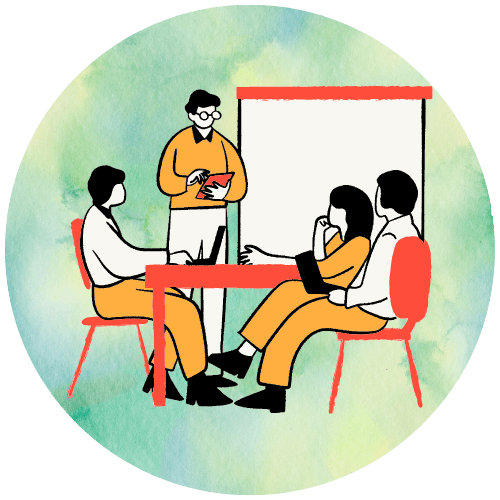
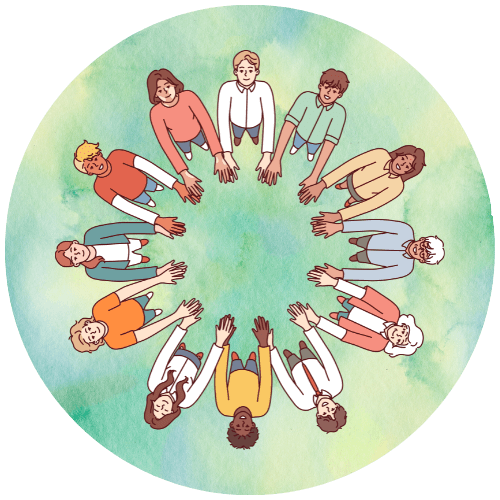
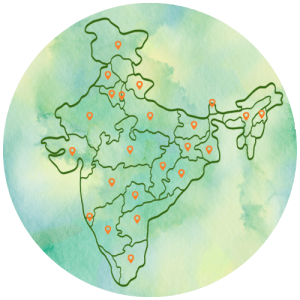
Email: info@rocf.org
Phone: +91-97877 99042
Address: 2972, 17th Cross, Off K.R. Road,
Banashankari 2nd Stage, Bangalore,
Karnataka – 560070, India
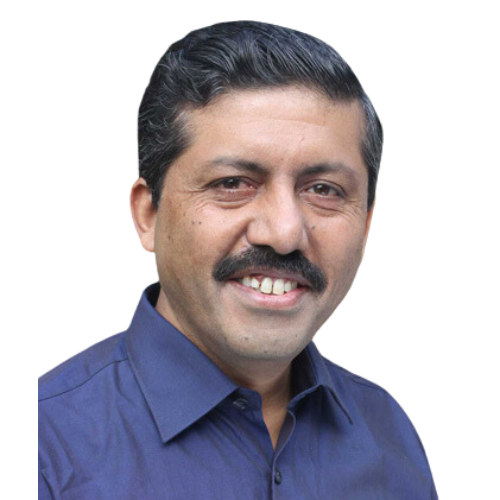
A management professional with 24 years of experience in international leadership positions in India, Africa, South Asia, Europe, and the United Kingdom, graduated from India’s Symbiosis Institute of Business Management with an MBA in marketing. He has led teams of up to 6500 personnel and has executed top-notch processes for sales, operations, human resources, quality assurance, and auditing. He has led and carried out programs for vulnerable communities in India and Africa, focusing on education, economic empowerment, life skills, the environment, sanitation, healthcare, and nutrition. In 2011, the Lions Club International Foundation awarded him the Melvin Jones Fellowship for his humanitarian work, and in 2014, the Lions Club International President’s Certificate of Appreciation was given for his outstanding accomplishments in carrying out the organization’s mission.